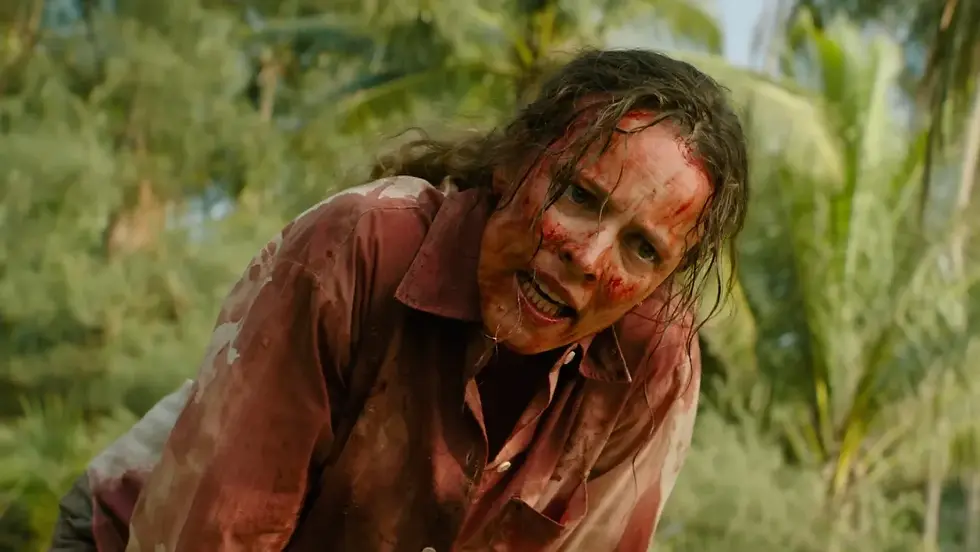Nosferatu (2024)
- Gus Keller
- Dec 27, 2024
- 1 min read

Nosferatu soaks in dread. While its plot is straightforward and the characters can feel flat, there are internal conflicts plus palpable themes. It considers topics like death, mental health, disease, desire, the unknown, faith, sexuality, and sacrifice. All these ideas branch out from the nature of evil, contemplating if it comes from within or beyond. Meanwhile, the script has foreshadowing, brief humor, constant tension, and a bittersweet ending. Lastly, its acting is all-around electric, with extreme intensity, vulnerability, menace, and showstopping physicality. Consequently, Nosferatu may lack narrative variation but still delivers thoughtful messages via visceral moods.
Nosferatu crafts a meticulous atmosphere. Its imagery is methodically composed through thematic lighting, colors, framing, movement, and depth. Although a bit repetitive, the editing maximizes momentum by shifting between hypnotic patience and harsh cuts. Contrasting stark ambiance with subjective emphasis, its sound heightens the experience. The orchestral music perfectly reinforces the tones. Despite middling scale and iconography, its production design establishes an aesthetic time period. The cast's excellent fit plus undeniable talent outweigh its spotty fame. Its effects include prosthetics, supportive CGI, and bursts of gore. Overall, Nosferatu is an artistic symphony.
Writing: 8/10
Direction: 10/10
Cinematography: 10/10
Acting: 10/10
Editing: 9/10
Sound: 10/10
Score/Soundtrack: 10/10
Production Design: 9/10
Casting: 8/10
Effects: 9/10
Overall Score: 9.3/10




Comments